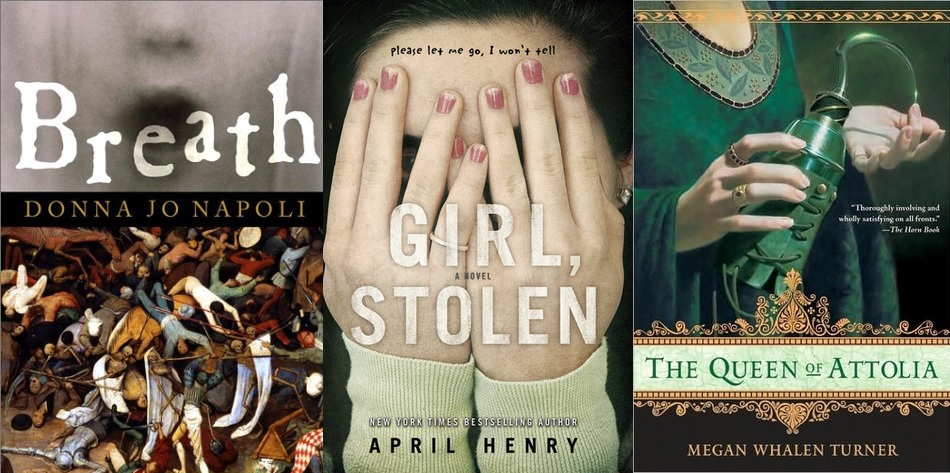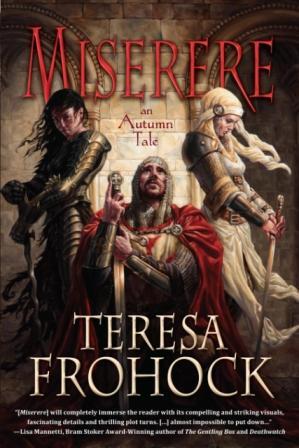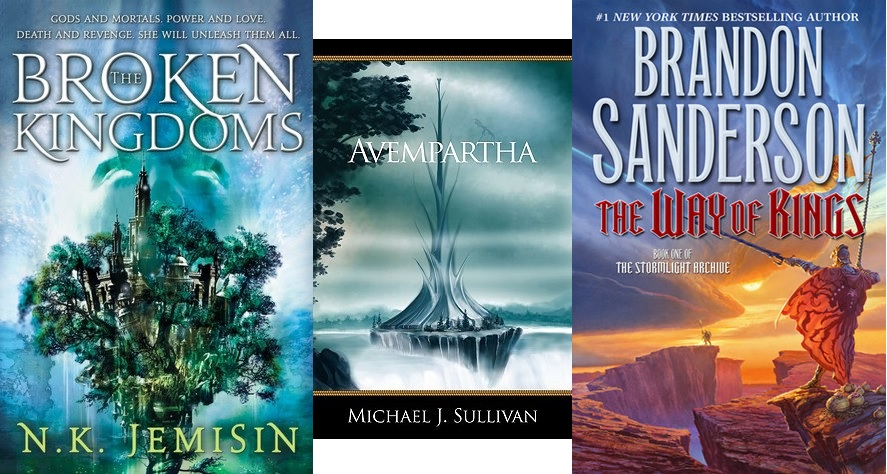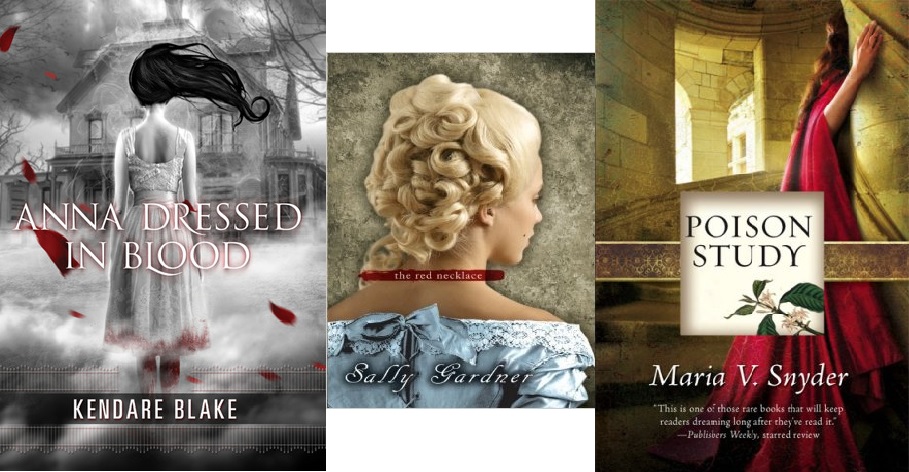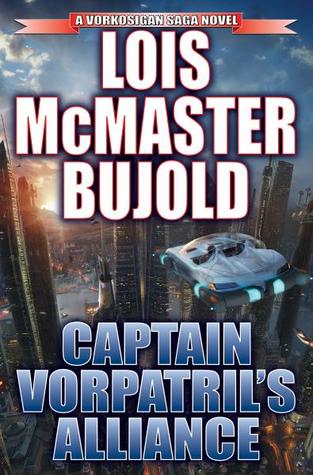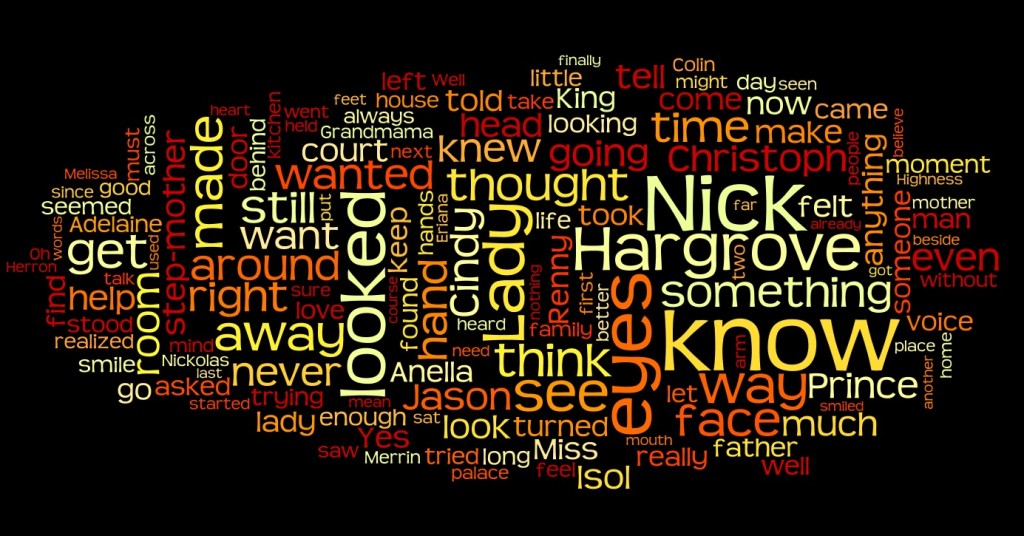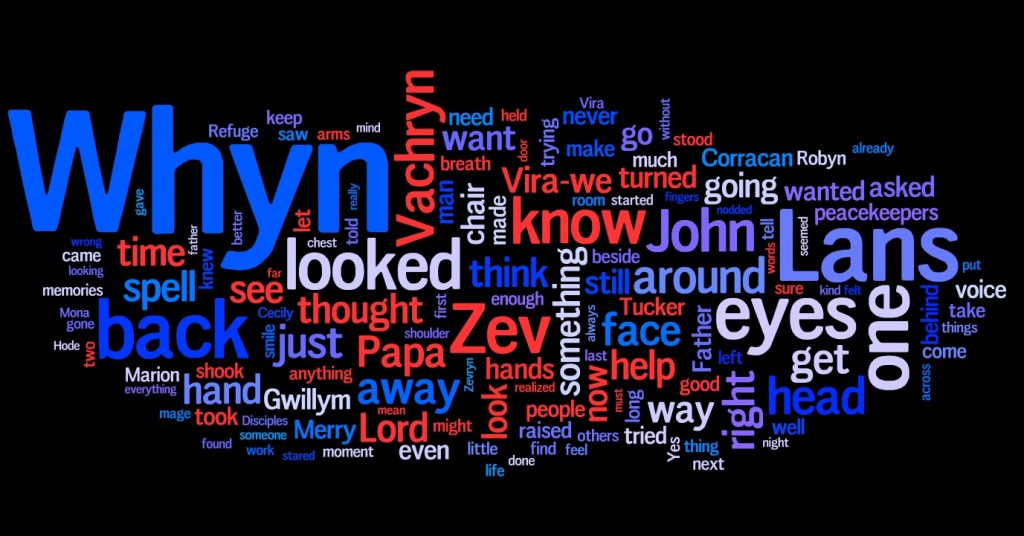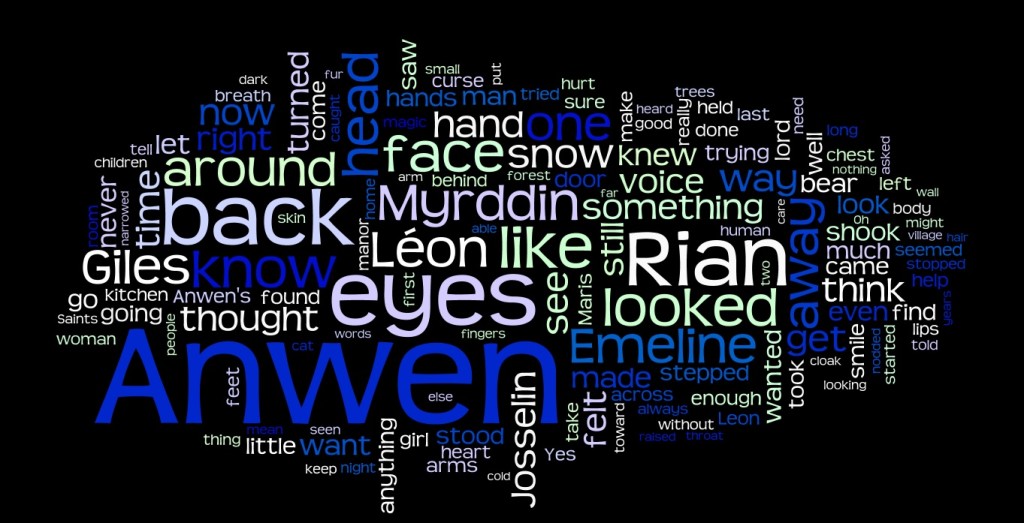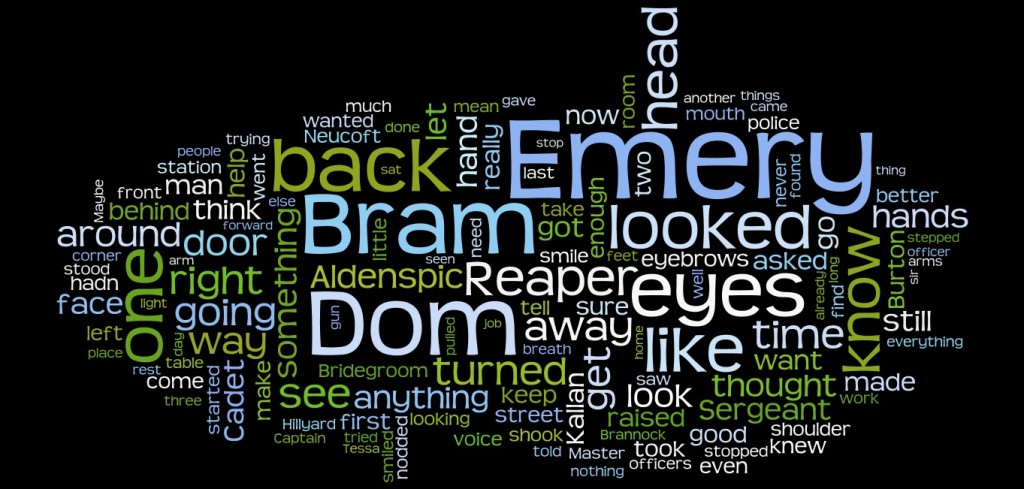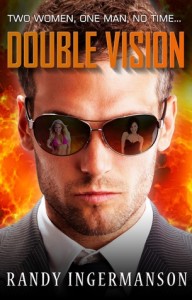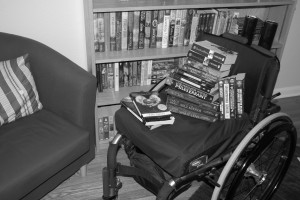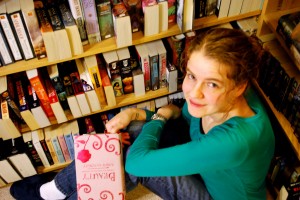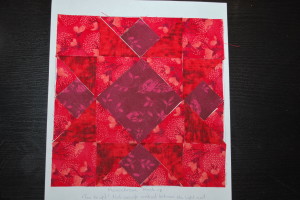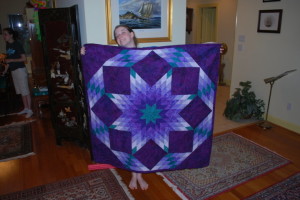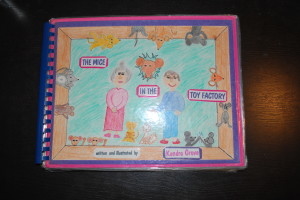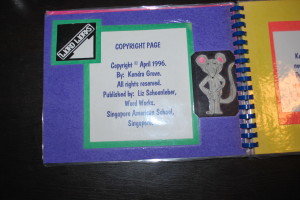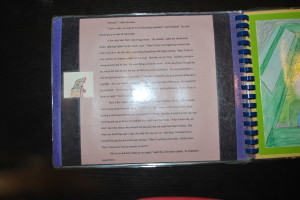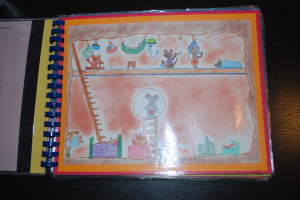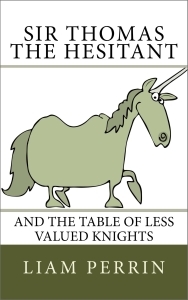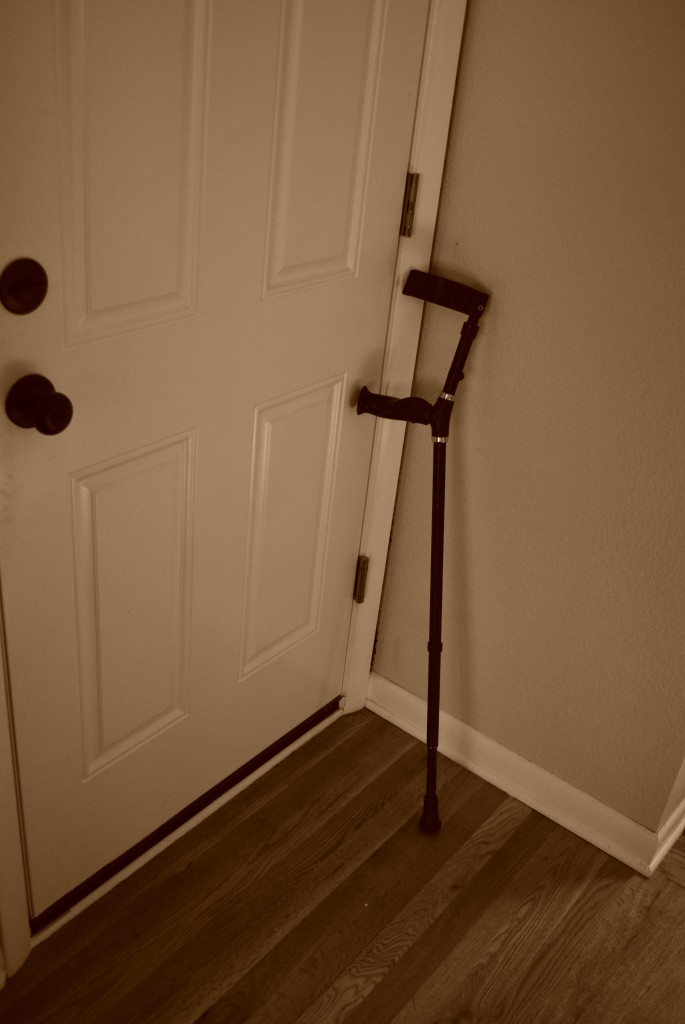 It’s funny how perceptions change over time. Priorities shift as experience affects your perception of life.
For years after my injury, I hated being offered help, especially for something that I only had a little trouble with. I was fighting for my freedom, and it was really important for me to do things for myself. Things like opening doors and going up ramps. I recognize that those are the ones that look extra hard, but they’re really not, and I resented the people who were just trying to help.
It’s funny how perceptions change over time. Priorities shift as experience affects your perception of life.
For years after my injury, I hated being offered help, especially for something that I only had a little trouble with. I was fighting for my freedom, and it was really important for me to do things for myself. Things like opening doors and going up ramps. I recognize that those are the ones that look extra hard, but they’re really not, and I resented the people who were just trying to help.
After a while I realized it wasn’t really the people I hated. It was the fact that I needed the help in the first place, and those thoughtful bystanders were just the physical representation of my disability. Of course, knowing that didn’t change those feelings. At least not overnight.
But the other day I was in Noodles & Co, and a nice guy jumped up to grab the door for me as I walked out. Funny. No resentment. No self-loathing. Just gratefulness. And a lot of relief. I even joked with him. “These doors are so heavy. Who are they trying to keep out?”
So what’s changed? Did I grow up? Or did I grow out of it? I think I’ve just realized I have nothing to prove – to the world or to myself. And the fight isn’t worth it when the prize is sore legs and a sour expression.
I had a similar revelation last year about using my chair more often. And to be fair, I haven’t resented anyone who’s opened a door for me in a while, but every now and then I’m struck with a then-and-now moment like that.
The way I thought before wasn’t exactly wrong (I’m not sure it was healthy for me but it wasn’t wrong). I needed those moments of self-sufficiency. Independence was important to me at that point in my life. But I’ve lived longer now, I’ve done things I hadn’t then. Different fights are important to me now. This is one I can leave in the past.
So next time you see me, feel free to run ahead and open that door. I promise not to bite your head off.




